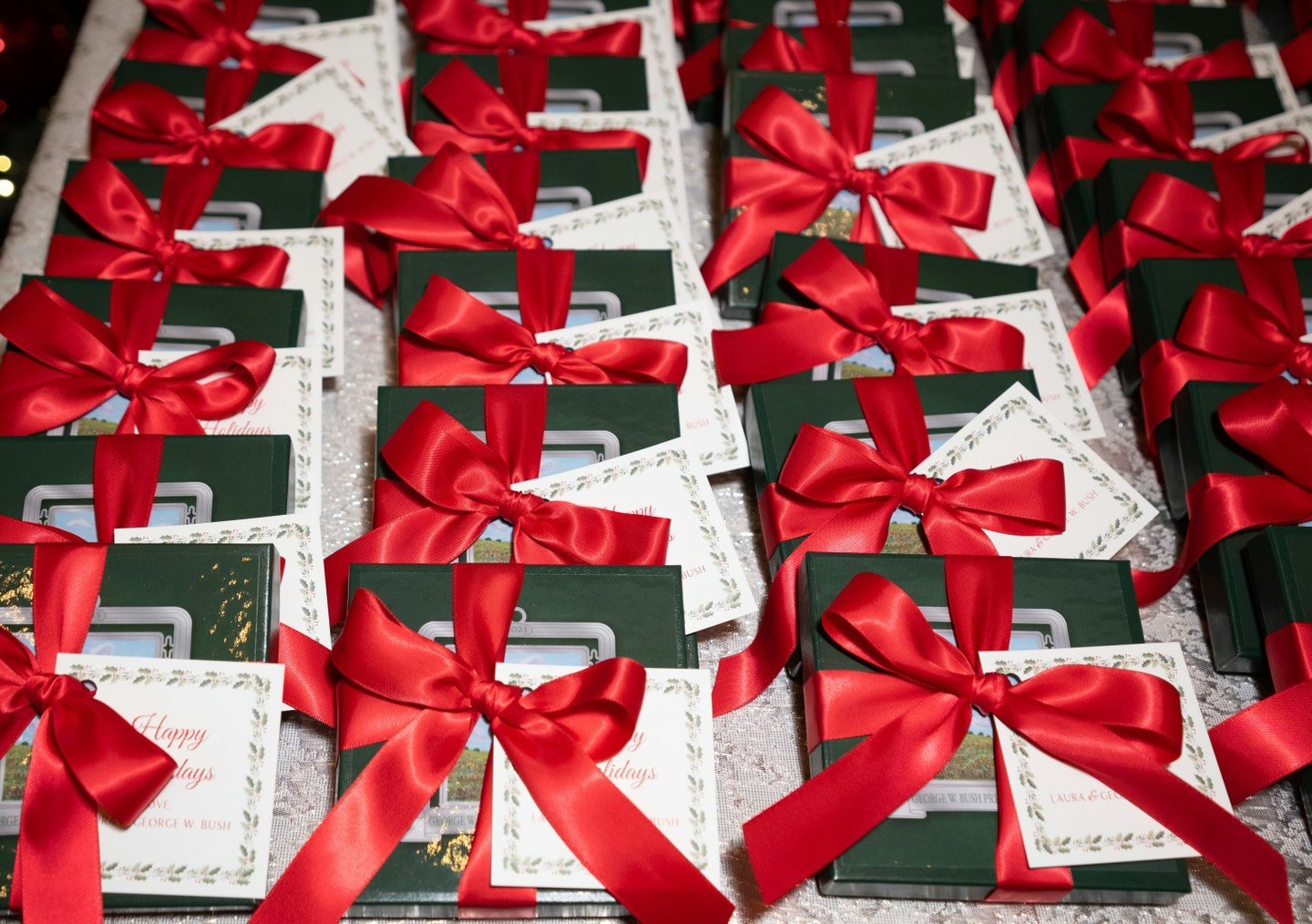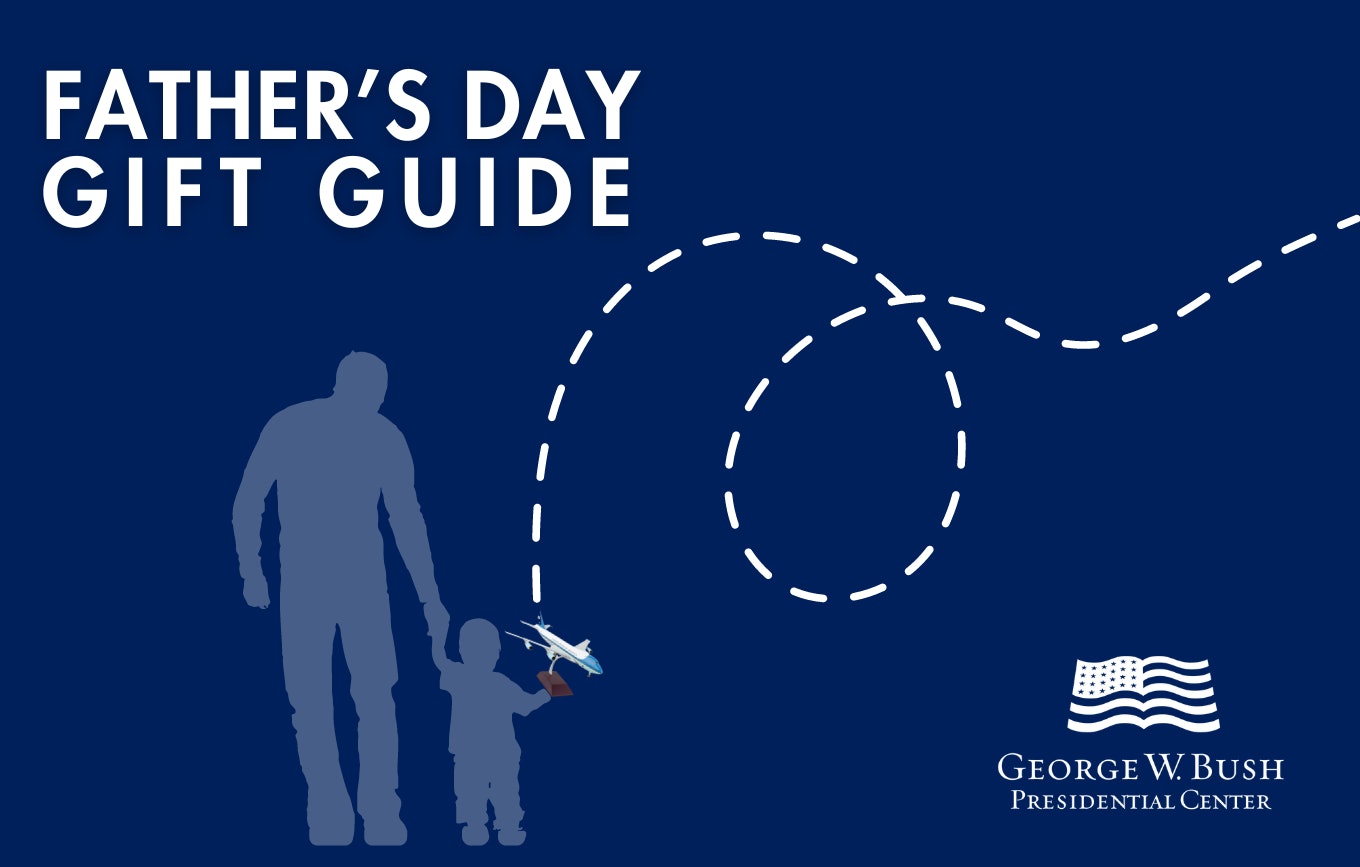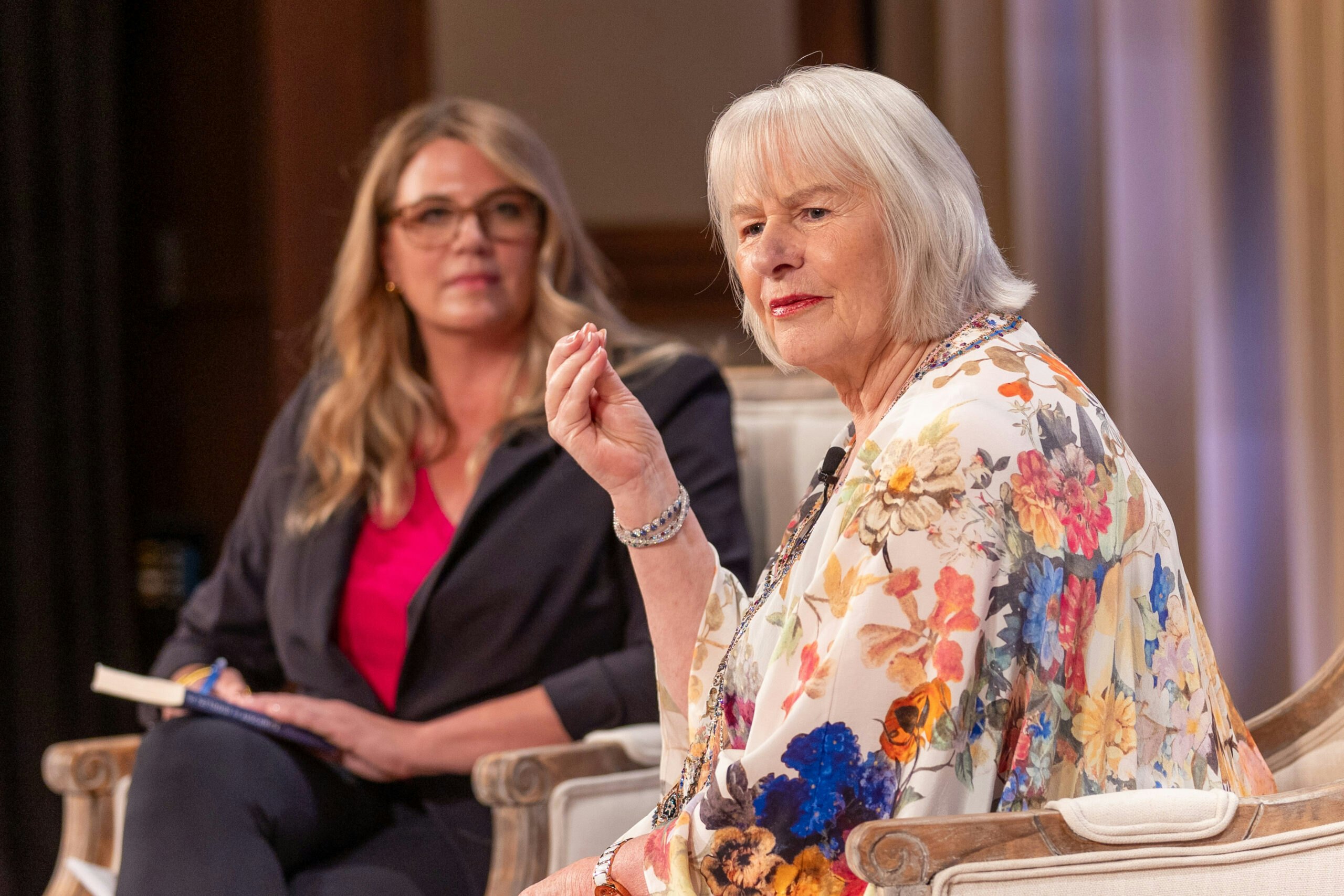Like many of my friends, I struggled with the transition to civilian life after my last deployment to Iraq. I couldn’t seem to loosen...
Like many of my friends, I struggled with the transition to civilian life after my last deployment to Iraq. I couldn’t seem to loosen the grip of depression that took hold of me after separating from the military and losing an essential part of my identity. Depression was often masked by bouts of intense anger. Far too often the ones I loved the most, my kids, were on the receiving end of my rage. After being apart from them for 18 months, this misplaced anger must have felt like the ultimate betrayal.
They needed a strong, stable father. But I wasn’t that man anymore.
Thankfully, I came home to a community that cared. The support we received made all the difference and helped me change the course of my life. For us, the support came in the form of a horse.
My children and I were introduced to equine therapy through an amazing organization called Operation Healthy Reunions (OHR). OHR is dedicated to helping returning warriors become civic leaders rather than enduring casualties of war. They linked us to a wonderful counselor in Pilot Point who worked with horses to help veterans and military families successfully navigate the transition home. The horses became trusted friends and taught us how to connect with each other again. As my family healed, I rediscovered my inner strength — and began to act like the man I had been in uniform.
That time with the horses was a turning point for me and for my kids.
Today, I work as the Program Counselor at Equest Therapeutic Horsemanship in Wylie, Texas. At Equest we have a program called “Hooves for Heroes” that leverages the amazing connection between humans and horses to help our North Texas veterans successfully transition. Many of the veterans coming to the ranch look a lot like I did a few years ago. Each one faces unique challenges, but all are trying to find the right fit in the civilian world.
It doesn’t take long for things to change. Surrounded by the serenity of the ranch and the unconditional support of their brothers and sisters in arms, peace of mind comes easily. The horses stand ready to join with warriors in a new journey — one that is both challenging and unfamiliar — but one that calls forth qualities that served them well in uniform.
At first, the warriors are hesitant and a little unsure of themselves. That doesn’t matter. Their fellow veterans don’t care. Neither do their horses. This is a place of acceptance and support.
As our veterans heal, the warrior emerges again. They start to ride a little taller in the saddle. Smiles become more frequent. Hearts hardened by combat grow softer in the presence of the horses — softer, but not weak. Being more open to love makes them stronger than they were before. From this place, warriors can shift the focus from just getting by to realizing their potential as engaged citizens and leaders in our community. They stand ready to serve again even if they no longer wear the uniform of their country.
It is often a concerned family member who encourages a veteran to take the first step toward healing. Warriors have a hard time admitting they need help and an even harder time reaching out to get it. There’s something deeply embedded in the warrior psyche that equates asking for help with weakness. Unable to endure the sight of their loved one in pain, it is frequently a spouse or parent who makes the first call to us. These caregivers rarely consider that they themselves are hurting and may be in need of help. Instead, they do what they’ve always done — selflessly support their loved ones in uniform.
Despite years of sacrificing alongside the member, their stories are not often told. It is those left at home who must keep families together while their loved ones fight for our country. They are left behind to keep a service member’s life intact here at home. Unheralded and under-appreciated, they live in constant fear that the last goodbye was truly the last. All of this can take a heavy toll on their emotional wellness. While still in the military, families can at least provide a measure of comfort to one another. Once the family transitions to civilian life, much of that support is lost.
Equest offers our military family members a new source of support. Working with the horses becomes a way for family members to connect with the warrior in a common activity. Marriages strained to the breaking point by years of deployment and war become strong again as couples get lost in the thrill of riding together. Their children, having spent years assuming adult responsibilities, are free to be kids again if just for awhile. The daily grind of transition seems a million miles away from the arena and families see each other for what they truly are – the most precious part of each other’s lives. In an atmosphere like this, hope for the future comes easily.
From the beginning of our program, we’ve collected data that shows average reductions in post-traumatic stress symptoms near 20 percent and improvements in quality-of-life measures of almost 25 percent. But the real impact comes in the individual success stories. We have participants that take leadership roles in other organizations such as The Mission Continues and Iraq and Afghanistan Veterans of America (IAVA). We have riders who return as volunteers in new “Hooves for Heroes” classes. We see veterans who used to spend their days doing little more than playing “Call of Duty” and drinking beer turn away from social isolation and find a new purpose through service. In short, we see veterans and family members rediscovering their very best selves and stepping up to build a stronger Dallas/Fort Worth.
Horses seem to be the key. These majestic creatures have a way of healing humans in a special way, unique to the individual. For some, horses provide a new way to feel competent and strong. For others, they offer an authentic, emotional connection that hasn’t existed for years, if ever. For a few, the horses simply provide an excuse for veterans and military family members to share the love and support of peers. For most, it’s probably a little of all these.
I don’t know where I would be today had it not been for horses. I was on a very destructive path coming home from Iraq, and I was dragging my loved ones down with me. Horses helped me open my heart. They helped me feel like a warrior again. Being with the horses made me a better father and a better man.
There’s nothing special about me or my journey. There are millions of veterans who stand ready to lead our nation going forward. For some, all they need is a little help with their civilian transition…and perhaps the gentle nicker of a horse.
This is a guest blog post by Jeff Hensley. Jeff spent 21 years as a fighter pilot in the United States Navy. He completed two combat deployments to Iraq before deciding to get his Master's in mental health counseling from the University of North Texas. Jeff currently works as the "Hooves for Heroes" Program Counselor at Equest Therapeutic Horsemanship in Wylie, TX.























